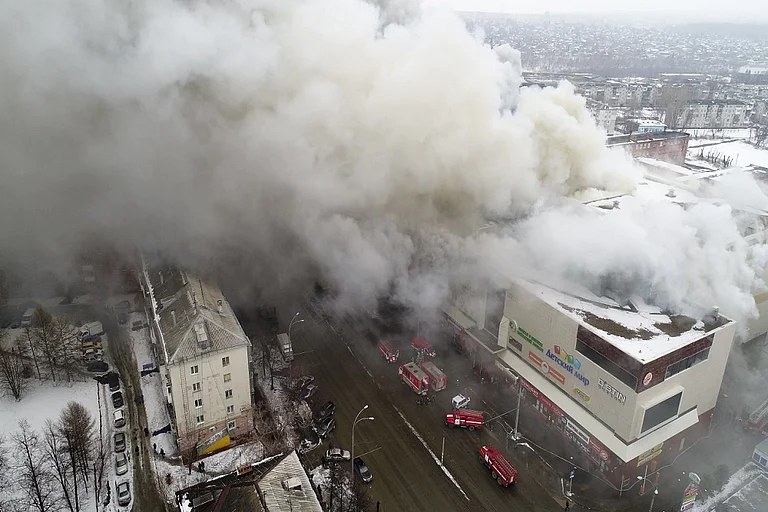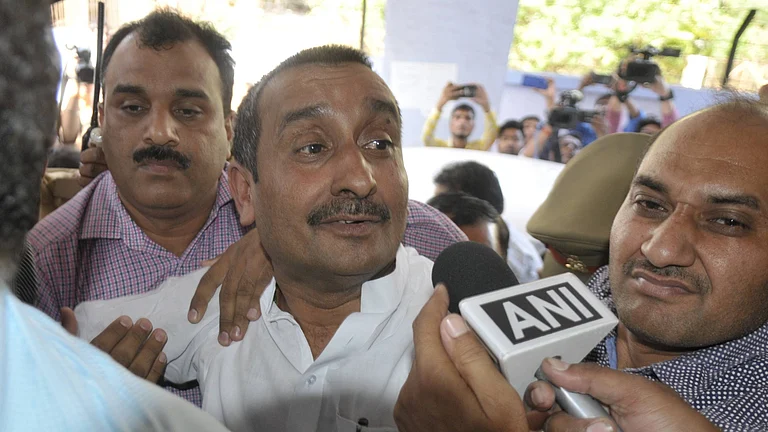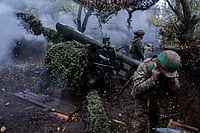The International Organisation for Migration on Sunday revised its estimated death toll to 670 after a massive landslide hit Enga Province in Papua New Guinea.
The chief of the United Nation's migration agency in the South Pacific island nation, Serhan Aktoprak, said the revised toll was based on the calculations done by the Yambali village and Enga provincial officials.
The officials had said that more than 150 homes had been buried by the landslide that hit Yambali village on Friday. “They are estimating that more than 670 people (are) under the soil at the moment,” Aktoprak told The Associated Press.
Initially, local officials had estimated the death toll to be 100 or more. So far, only five bodies and a leg of a sixth victim has been recovered.
Meanwhile, emergency responders were moving survivors of the landslide to a safer ground as tons of unstable earth and tribal warfare posed a threated to the rescue efforts.
Aktoprak said that crews have given up hope of finding survivors under earth and rubble which is 6 to 8 metres deep. “Hopes to take the people out alive from the rubble have diminished now,” he said.
He noted that people are coming to terms with the fact that rescuing would be a majorly difficult task, adding that "there is a serious level of grieving and mourning".
Government authorities have been establishing evacuation centres on safer ground on either side of the massive debris left behind by the landslide.
“Working across the debris is very dangerous and the land is still sliding," the UN migration agency's official said.
Besides this, the devastated village is also faced with food shortage as blocked highways and main roads have made it difficult to transport drinking water, food and other necessary supplies since Saturday.
Papua New Guinea Defence Minister Billy Joseph and the government's National Disaster Centre director Laso Mana were flying from Port Moresby by helicopter to Wabag on Sunday to take stock of the situation at hand.
The United States and Australia, a near neighbour and Papua New Guinea's most generous provider of foreign aid, are among governments that have publicly stated their readiness to do more to help responders.
While Papua New Guinea is in the tropics, the village is 2,000 metres above sea level where temperatures are substantially cooler.
It is a diverse, developing nation with 800 languages and 10 million people who are mostly subsistence farmers.
(With agency inputs)



























